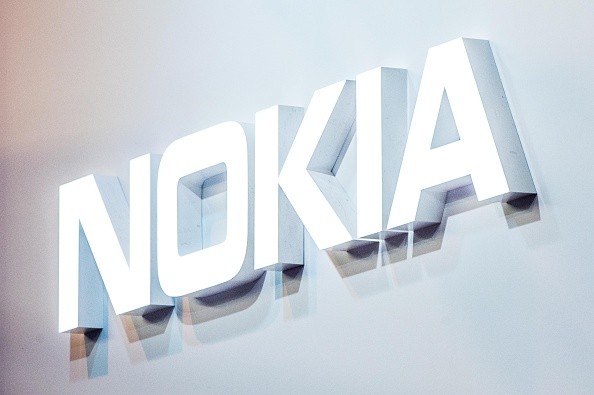By Iesha Javed, | September 26, 2016

A logo sits illuminated outside the Nokia pavilion on the opening day of the World Mobile Congress at the Fira Gran Via Complex in Barcelona, Spain.
Nokia Bell Labs is currently developing a unique fibre optic internet that will be the fastest in the world. The company recently announced that tests of the technology in Germany had been very successful.
Nokia has said that it plans to take the broadband internet business by storm. Promising a speed of 1 Terabit per second (tbps), the new service could be a game turner for Nokia and may pave the way for its return to the forefront of the tech industry.
Like Us on Facebook
With this new initiative, Nokia will be competing with the Google Fibre. Experts believe the leap forward comes as a result of Nokia's acquisition of Alcatel-Lucent last year.
The technology which will be used by Nokia in its fibre optic venture is proballistic contellation shaping (PCS). It promises to be a breakthrough in creating highly efficient data transmission networks.
One field where Nokia's magical internet will be particularly sought after is the self-driven cars sector. Tech experts believe that perhaps the 1tbps internet will be able to prevent crashes in self-driven cars and thus help the sector to grow enormously.
However, it remains to be seen whether these plans would materialize.
-
Use of Coronavirus Pandemic Drones Raises Privacy Concerns: Drones Spread Fear, Local Officials Say

-
Coronavirus Hampers The Delivery Of Lockheed Martin F-35 Stealth Fighters For 2020

-
Instagram Speeds Up Plans to Add Account Memorialization Feature Due to COVID-19 Deaths

-
NASA: Perseverance Plans to Bring 'Mars Rock' to Earth in 2031

-
600 Dead And 3,000 In The Hospital as Iranians Believed Drinking High-Concentrations of Alcohol Can Cure The Coronavirus

-
600 Dead And 3,000 In The Hospital as Iranians Believed Drinking High-Concentrations of Alcohol Can Cure The Coronavirus

-
COVID-19: Doctors, Nurses Use Virtual Reality to Learn New Skills in Treating Coronavirus Patients










